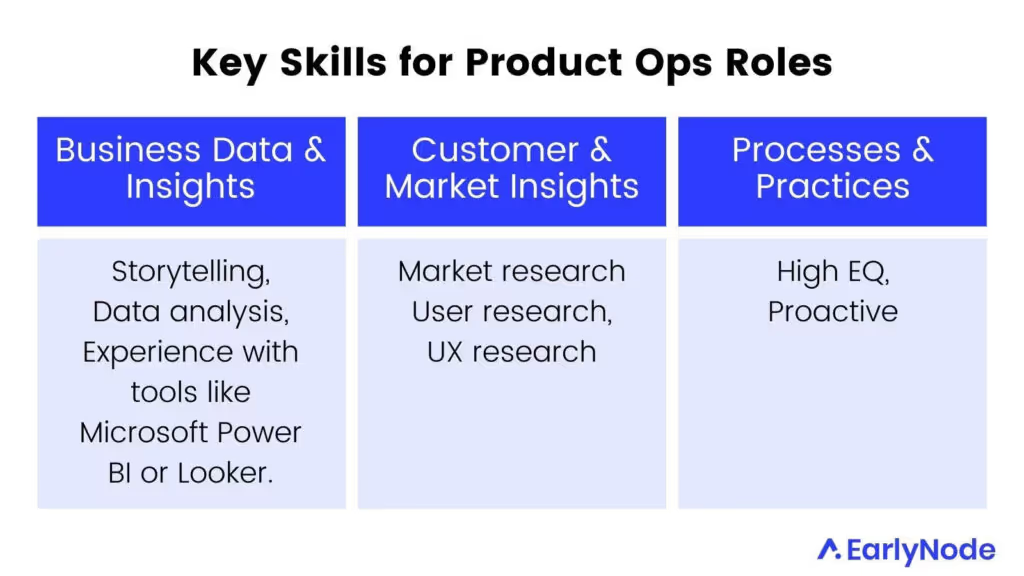Why Product Ops is crucial for high-growth startups with Melissa Perri

This week, our spotlight falls on Melissa Perri. Melissa is a product management consultant and co-author of Product Operations. She founded Produx Labs, where she helps SaaS scaleups transform their product management functions.
In The SaaS Operator newsletter from 16th April 2024, you’ll learn:
- What is Product Operations?
- The three pillars of Product Operations.
- Key skills for the Product Operations role.
Why the Product Ops role is critical
60% of hypergrowth startups like OpenAi, Deel, and Uber have at least one ProdOps person.
Product Operations has become a critical role for companies ready to scale.
Here’s why:
Some tasks, like customer interviews or data extraction and analysis, take up nearly 60% of a product manager’s day. By the time they’re done, very little time is spent on key product decisions.
Product Ops people ensure PMs have the information they need without bothering other teams too much. They gather and analyze data and turn it into useful insights for improving the product.
In short, ProdOps frees product managers from operational tasks so they can focus on more strategic ones.
As Melissa said on LinkedIn,
“Product operations is the secret sauce that empowers dedicated product managers to channel their energy and expertise towards what truly matters. It's about freeing them to work on the strategic imperatives that led you to bring them on board in the first place.”
Think of Product Ops as “product managers for product managers.” They build the tools and structures that help product managers do their jobs more effectively.
When To Hire for Product Ops
The Product Operations role is ideal for scaling startups. Once a company’s product management processes start becoming complex, Melissa thinks it’s time to bring in Product Ops to streamline them. Particularly when they have 3 or more product managers.
The Three Pillars of Product Ops
Product Operations focuses on three main areas:
Business Data And Insights: Companies have data in different places. This can be hard to collect and understand. Product ops help gather and analyze company data such as revenue, costs, and churn to make plans and track performance.
Customer And Market Insights: Talking to customers and using their feedback to shape product decisions is important but also a lot of work. Product ops help manage and gather external research, such as sizing the market opportunity or unlocking user research basics.
Processes & Practices: When scaling, many product teams divide into smaller units. This makes the team more complex in how it operates and works together. Product ops will be needed to set operational standards within the company. This makes the team more aligned and prevents confusion among the units, so they don’t end up doing another unit's job.
Pro-tip: Melissa advises high-growth startups to focus more on business data and insights. This function helps them monitor performance and make strategic decisions quickly as they scale.
Skills Needed for the Role
Here’s a quick look at the expertise needed for product operations:

Product Managers don’t need to worry about Product Ops replacing them. They simply make their work easier, helping them focus on critical product decisions to help the company achieve its hypergrowth goals.









